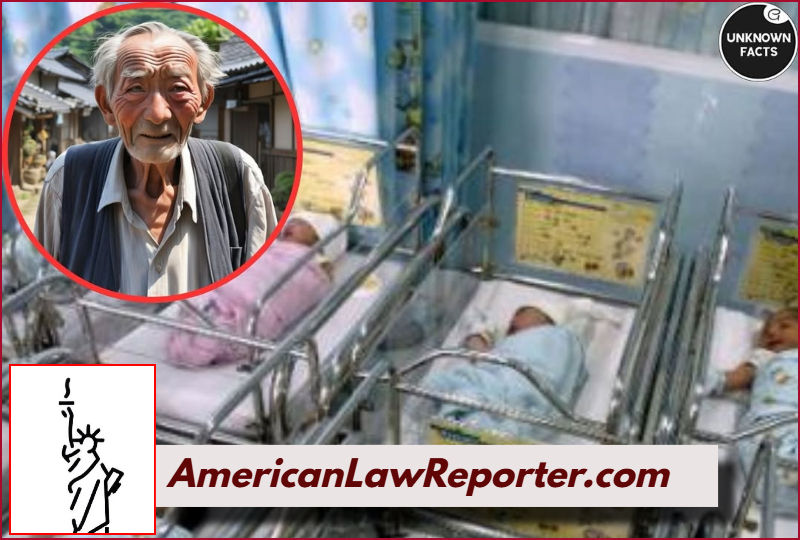A Japanese man who unknowingly lived the wrong life for nearly 60 years after being switched at birth has won 38 million yen (approximately $371,000) in damages after a Tokyo court ruled against the hospital responsible for the mix-up.
The shocking mistake occurred at Tokyo’s San-Ikukai Hospital in 1953, where a hospital worker accidentally swapped two newborns after bathing them.
The mix-up went unnoticed for decades, leading one baby to grow up in a financially struggling household, while the other was raised in affluence.
The truth only surfaced in 2009 when the wealthier family began questioning why one of their four siblings bore no resemblance to the rest.
DNA testing confirmed he was not biologically related to them, triggering a hospital records search that revealed the devastating mistake. By 2011, the man’s true family connection was confirmed.
The contrast between the two men’s lives was stark. The man who was supposed to grow up in privilege instead lived in a small apartment with no modern appliances, relying on welfare before working as a truck driver.
Meanwhile, the other man, raised in the wealthy household, received private tutoring, attended university, and later became a successful real estate businessman.
Legal Battle and Hospital Accountability
The man who endured a lifetime of hardship sued the hospital, seeking 250 million yen ($2.5 million) in damages for being deprived of the life he was meant to have.
Tokyo District Court Judge Masatoshi Miyasaka ultimately awarded him 38 million yen, acknowledging the deep emotional and psychological harm caused by the hospital’s negligence.
“It is impossible to assess the scale of the pain and disappointment both the parents and the man had to suffer, as they were deprived of opportunities to enjoy their parent-child relationship forever,” Judge Miyasaka stated in his ruling.
Legal experts note that while the awarded damages were significantly lower than the amount sought, the case sets a precedent for medical negligence claims in Japan. Attorney and legal analyst Hiroshi Tanaka commented on the ruling, stating:
“This case highlights the profound responsibility hospitals have in ensuring the accuracy of medical procedures, particularly in maternity wards. The ruling, while not financially groundbreaking, is a recognition of the irreversible damage caused by negligence.”
Emotional Aftermath and Newfound Family Bonds
Despite the heartbreaking reality of never knowing his biological parents, the man has formed a relationship with his real siblings, meeting them for drinks monthly.
At the same time, he continues to care for the older brother he grew up with, demonstrating his deep-rooted familial loyalty.
Though the financial compensation cannot restore the lost decades, the case serves as a crucial reminder of the lasting consequences of medical errors—and the legal recourse available to those affected.

